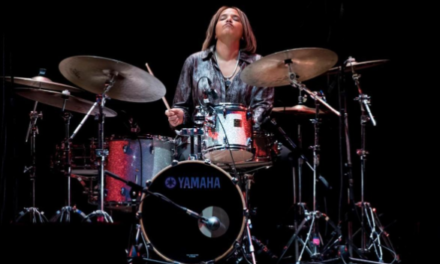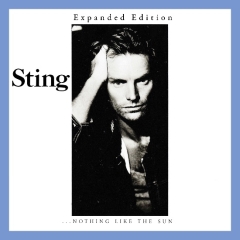
| Philip Bailey, the legendary falsetto voice, Grammy Award winner and co-founder of Earth, Wind & Fire announces his upcoming solo album Love Will Find A Way via Verve Records on June 21 with the release of the first single “Billy Jack,” which he co-produced with Robert Glasper. “Billy Jack” was originally written and performed by Curtis Mayfield – this version is performed by Grammy Award winner Philip Bailey on vocals and percussion and features Kendrick Scott on drums and Robert Glasper on keys. When Earth Wind & Fire began recording in the 1970s, Bailey and his bandmates, like many great artists of the day, had little interest in separating genres and audiences—a philosophy that resulted in unprecedented creative and commercial success. On Love Will Find a Way, Bailey proves that the atmosphere and ideas that made Earth Wind & Fire possible—a respect for genuine musicianship, a conviction that all music matters—are alive and well in 2019. Along with trusted friends like bassist Christian McBride, the iconic jazz pianist Chick Corea and drum legend Steve Gadd, the album features several of the brightest contemporary lights in jazz, R&B, pop and more: keyboard is Robert Glasper, saxophonist Kamasi Washington, rapper, musician and producer will.i.am, trumpeter Christian Scott a Tunde Adjuah, singer-songwriter Bilal, singer-saxophonist Casey Benjamin, guitarist Lionel Loueke, drummer Kendrick Scott and bassist Derrick Hodge, among many others. Love Will Find a Way came together over a two-year period, and was initiated after Bailey started becoming aware of this forward-looking, all-embracing jazz generation. “I’d heard Rob Glasper was giving jazz a facelift,” Bailey says, and after attending the keyboardist’s live show, he was sold. Not only was the music hot and progressive, but the crowd was hip, diverse, youthful and passionate. Bailey quickly brought Glasper on board to play on and produce some tracks, and he became invaluable to the singer in recruiting musicians and other decisions. But Bailey also continued with his own research. At Jazz Fest in New Orleans, he made a point of catching Kamasi Washington’s set and had a small-world moment. “Lo and behold, he introduced his father, [the woodwinds player Rickey Washington]. Me and Rickey had known each other for years!” Bailey recalls, chuckling. “We went to the same church! Kamasi went to bible school with my kids.” “Artists like Robert and Kamasi and Christian,” he continues, “they embrace the nuances of jazz and its historical value, but they’ve really infused the game with new possibilities. And I’ve been the recipient of infusion.” Love Will Find A Way kicks off with a West African-tinged take on Mayfield’s “Billy Jack,” a perfect opportunity for Bailey to pay homage to perhaps his greatest falsetto influence. Bailey and Corea look back to the heyday of jazz fusion with a sweetly grooving rendition of the Return to Forever classic “You’re Everything.” Bilal provides gorgeous vocal backing for Bailey on Mayfield’s “We’re A Winner,” before will.i.am lays down a tribal beat on drums for the mostly instrumental “Stairway To The Stars” with Christian Scott aTunde Adjuah on plangent trumpet. On “Brooklyn Blues,” Bailey uses his Kalimba to create a meditative ambiance atop simmering 21st-century jazz rhythms. Talking Heads’ “Once in a Lifetime” is reinvented here as an atmospheric slow jam, with spoken word by Bailey. “Just to Keep You Satisfied” is a beautifully reverent tribute to Bailey’s idol Marvin Gaye. Kamasi Washington’s robust tenor saxophone is an impeccable match for the ’70s-tinted spiritual vibe of “Sacred Sounds.” On the title track, Pharoah Sanders’ “Love Will Find a Way,” Bailey’s falsetto finds a sublime complement in Casey Benjamin’s saxophone and Vocoder. And he looks to famed bassist and collaborator Christian McBride to properly funk up “Long As Your Living.” This is Philip Bailey’s 12th solo album since his solo debut in 1983 with Continuation, which earned a No. 19 spot on the Billboard Top R&B/Hip-Hop Albums chart, and the 1984 platinum follow-up Chinese Wall, produced by Phil Collins. From 1984 to 1991, he released four gospel albums, including the Grammy-winning Triumph. And in 1999, Bailey released Dreams, his first jazz album. His sophomore jazz album, which is also his last release from 2002, Soul on Jazz reached the 45th spot upon the Billboard Jazz Albums chart. |




